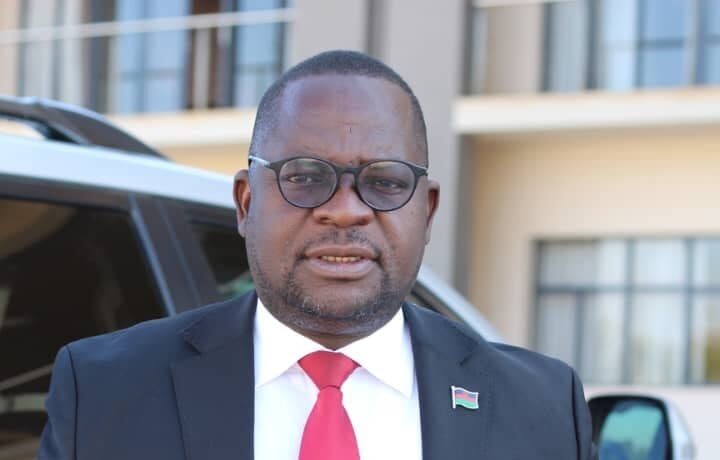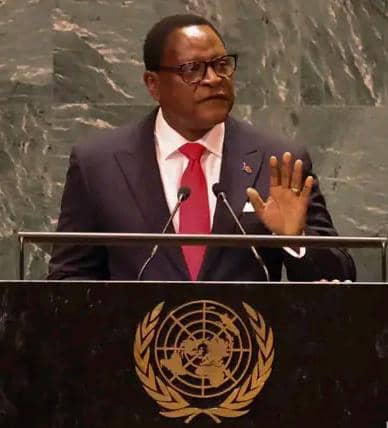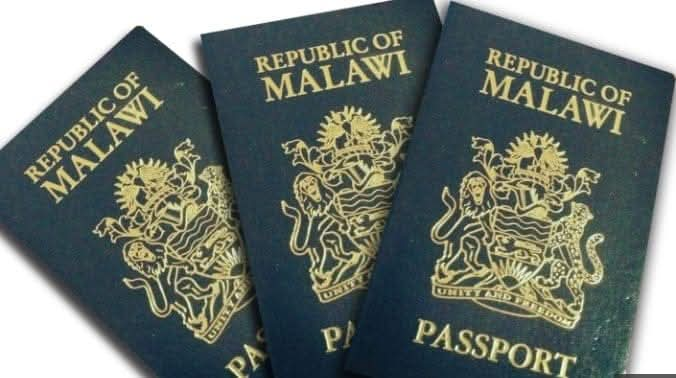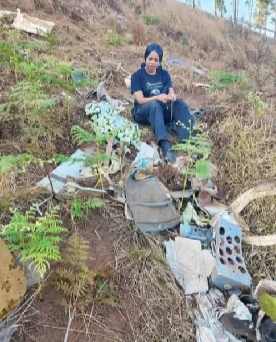By Burnett Munthali
The Democratic Progressive Party (DPP) is currently facing a significant challenge as its official Facebook page remains inaccessible following a hacking incident by unknown individuals. This situation has raised concerns about the party’s ability to communicate effectively with the public in an increasingly digital age.
Spokesperson Shadric Namalomba shared this development with Zodiak this morning, emphasizing the importance of their online presence. Namalomba stated that the DPP is exploring various strategies to restore their Facebook page. He acknowledged that the loss of this critical communication tool could hinder the party’s outreach and engagement with citizens, especially during a politically sensitive period.
In response to the hacking, the DPP has reported the issue to Facebook in hopes of recovering their page. However, given the uncertainty surrounding the situation, the party has taken proactive measures to ensure they can still disseminate information to the public. Namalomba mentioned that they are creating a temporary Facebook page to maintain communication channels and engage with the citizenry effectively.
- Chakwera’s Call for Peace Stirs Mixed Reactions
- Mahama Axes Fuel Allowances in Sweeping Cost-Cutting Drive
- DPP Kicks Off Campaign Training for Central Region Aspirants
- Mtalimanja urges Malawians to safeguard democracy through collective responsibility
- Malawi enters official campaign season as MEC declares 60-day window open
The hacking incident highlights the vulnerabilities that political parties face in the digital landscape, where social media platforms are essential for outreach and communication. The DPP’s swift response to establish a temporary page reflects its commitment to staying connected with supporters and the general public during this challenging time.
As the party navigates this setback, it underscores the need for enhanced cybersecurity measures and vigilance to protect against such threats in the future. The DPP’s experience serves as a reminder to other political entities about the importance of safeguarding their online platforms to ensure uninterrupted communication with their constituents.





